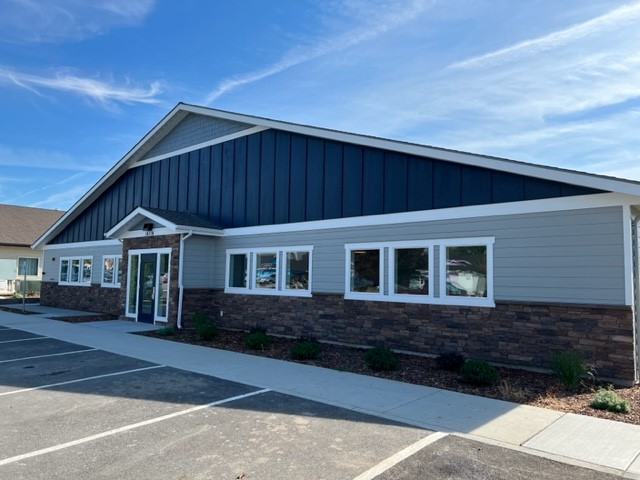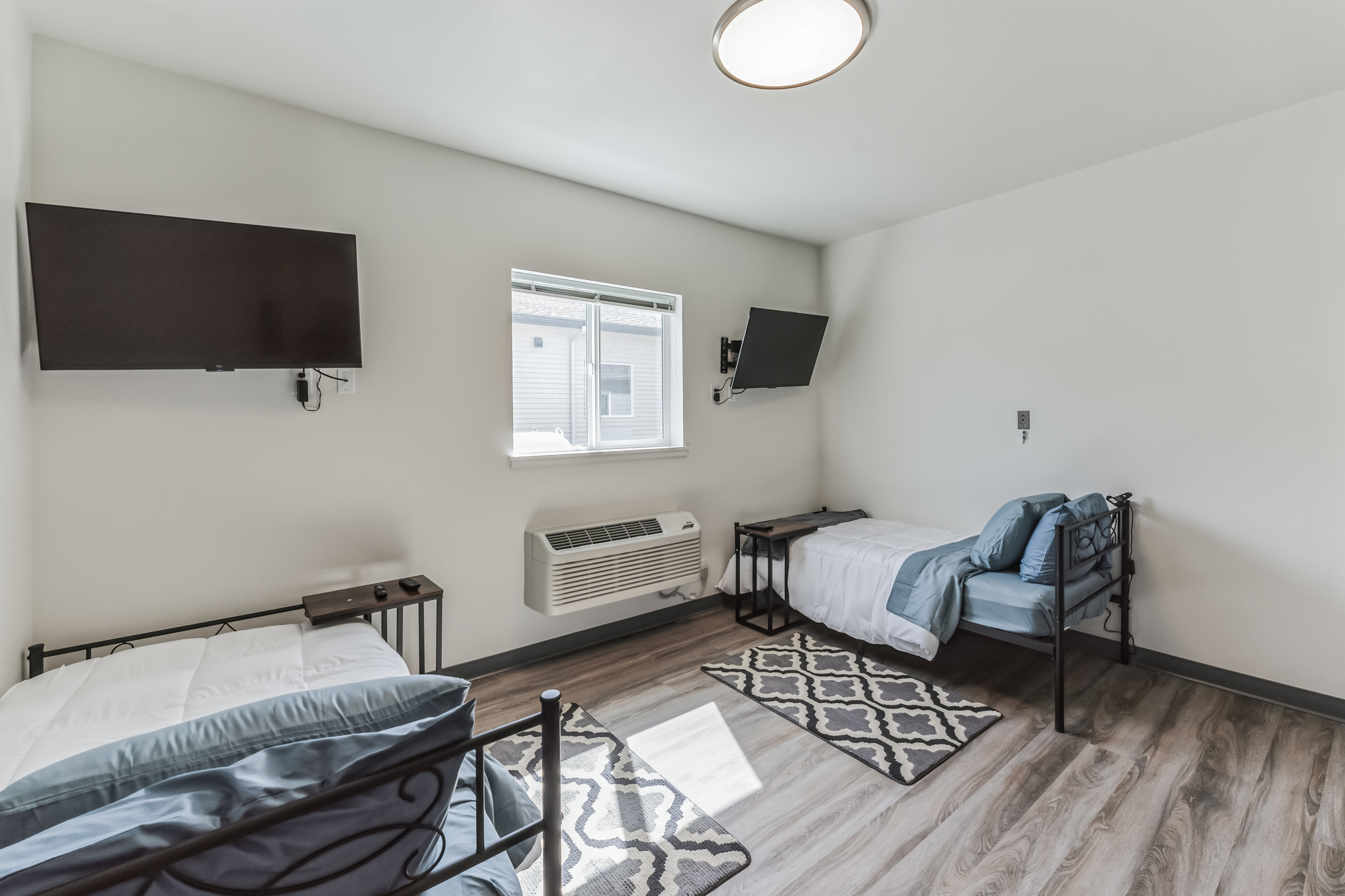
Do you ever feel like you prefer your own company over hanging out with others? For people with schizoid personality, this feeling runs deep. They often stay away from close bonds. If this sounds like you or someone you love, keep reading. We will explain schizoid personality disorder symptoms in easy words. We will also cover schizoid personality disorder treatment options that can help. We will also cover mental health treatment options that can help you take practical steps toward support.
Skip To
Table of Contents
What Is Schizoid Personality Disorder?
Schizoid personality disorder is a mental health condition. People with it show patterns of detachment from social life. They do not enjoy close relationships, even with family members. This starts in early adulthood and lasts over time.
The Diagnostic and Statistical Manual of Mental Disorders (DSM-5) lists it as a Cluster A disorder. It means odd or eccentric thinking and behavior. But people with schizoid personality stay in touch with reality. They do not hear voices or see things that are not there.
Key Symptoms of Schizoid Personality Disorder
Spotting symptoms of schizoid personality early helps. These signs show up in daily life. They make social situations feel draining. Here is what to watch for.
- Little interest in making friends or dating
- Preference for solo activities
- Emotional coldness or flat feelings
- Hard time showing a range of emotions
- No strong reaction to praise or criticism
- Daydreaming a lot
Because these traits overlap with other mental health conditions, many people benefit from reviewing how symptoms interact with each other.

What Causes Schizoid Personality?
No single cause explains schizoid personality. Experts point to a blend of roots. Genes play a part. If a family member has it or something like schizotypal personality disorder, your odds rise. Early life matters too. Kids who face cold or absent care might learn to guard their hearts.
Brain wiring adds to it. Some folks just want less social buzz. Stress or trauma can tip the scale. Remember, it’s not your fault. These factors shape you, but they don’t lock you in.
How to Diagnose It?
Diagnosis starts with a chat. A pro reviews your life patterns. They check the DSM-5 rules. You need at least four key signs for a yes. They ask about your days, feelings, and ties to others.
No quick schizoid personality disorder test exists. But tools like questionnaires help. Pros rule out other issues, like depression or autism. This clear view paves the way for real aid.
At We Level Up, we make this step kind. We listen without judgment. Our inpatient mental health options fit your pace.
End the Emotional Pain. Get Your Life Back.
Feeling Depressed, Anxious or Struggling with Mental Health Illness? Get Safe Comfortable Mental Health Dual Diagnosis High-Quality Therapy From Counselors That Care. Begin Your Recovery Now.
Hotline: (509) 348-4077

Effective Schizoid Personality Disorder Treatment Options
Schizoid personality disorder treatment works. It focuses on your comfort, not big changes overnight. You build social skills bit by bit. Goals include less stress and more ease in your world.
Talk Therapy That Fits You
Therapy tops the list. It helps unpack feelings safely. Cognitive behavioral therapy (CBT) shines here. You learn to spot thoughts that keep you apart. Then, you shift them. This boosts your quality of life.
Psychodynamic therapy digs into past roots. It uncovers why closeness scares you. Group sessions practice real talks in small doses. You set the speed. No push to perform.
Medications for Linked Struggles
Pills target side issues, not the core. Anxiety or low mood? Antidepressants help. A doctor weighs options with you. Always pair them with therapy for the best results.
Daily Habits to Build Strength
Small tweaks add up. Try these.
- Set a routine for meals and rest to steady your days.
- Pick solo creative fun, like drawing or coding, to vent emotions.
- Practice deep breaths in tough spots to stay calm.
- Journal thoughts to map your inner world.
These steps ease emotional coldness. They help people with schizoid personality feel more grounded.
Seek treatment when ready. Early steps cut risks like added depression. The We Level Up Washington team crafts plans just for you.

Comfortable Facilities & Amenities
High-Quality Mental Health Services & Behaviroal Health Substance Abuse Treatment
Rehab Centers TourRenowned Mental Health Centers. Serene Private Facilities. Inpatient Rehab Programs Vary.
Mental Health Helpline: (509) 348-4077Proven recovery success experience, backed by a Team w/ History of:
15+
Years of Unified Experience
100s
5-Star Reviews Across Our Centers
10K
Recovery Success Stories Across Our Network
- Low Patient to Therapist Ratio
- Comprehensive Dual-Diagnosis Treatment
- Complimentary Family & Alumni Programs
- Coaching, Recovery & Development Events
- Comfortable Onsite Medical Detox Center
Frequently Asked Questions
-
Where in Spokane Valley, Washington, can you find treatment for schizoid personality disorder?
We Level Up Washington in Spokane Valley offers caring schizoid personality disorder treatment. Our pros use CBT and more in a calm space.
-
Where in Coeur d’Alene, Idaho, can you find treatment for schizoid personality disorder?
Folks from Coeur d’Alene often come to us at We Level Up Washington, just a short drive away. We tailor plans for your needs. Reach out for travel help or local tips.
-
Can people with schizoid personality enjoy close relationships?
Yes, with therapy, many build meaningful ties. It takes time and the right tools.
-
Is schizoid personality disorder the same as being shy?
No. Shy people want friends but feel nervous. Schizoid folks often feel fine alone
-
What is the best schizoid personality disorder test?
Only a trained doctor uses DSM-5 questions. Avoid online quizzes for real answers.
-
Does medication cure schizoid personality?
No cure pill exists. Meds help with related sadness or worry.
-
How do family members support someone with a schizoid personality?
Give space. Offer low-key invites. Join therapy to learn together.
-
Can children have schizoid personality disorder?
Signs may show early, but the full diagnosis waits until early adulthood.
World-class, Accredited, 5-Star Reviewed, Effective Mental Health Dual Diagnosis Programs. Complete Integrated Inpatient Rehab with Free Post Discharge Therapy Planning.
Hotline: (509) 348-4077End the Emotional Pain Rollercoaster. Gain Stability & Happiness Through Recovery Treatment. Start Mental Health Counseling Today. Get Free No-obligation Guidance by Behaviroal Health Specialists Who Understand Mental Health Recovery.
Conclusion
Living with schizoid personality disorder brings real challenges. You may feel cut off from the world. Yet hope shines through schizoid personality disorder treatment. Simple talk therapy and small social skills steps open doors. Family members play a gentle role too. At We Level Up Washington, we walk beside you or your loved one.
Reach out to We Level Up Washington: (509) 348-4077. One call starts healing and brings warmth back into life. You deserve connection on your own terms.
Meta descriptions
Medical source
https://pubmed.ncbi.nlm.nih.gov/32644660/
https://www.academia.edu/130312545/Schizoid_Personality_Disorder
https://medlineplus.gov/ency/article/000920.htm
https://www.ncbi.nlm.nih.gov/sites/books/NBK559234/




